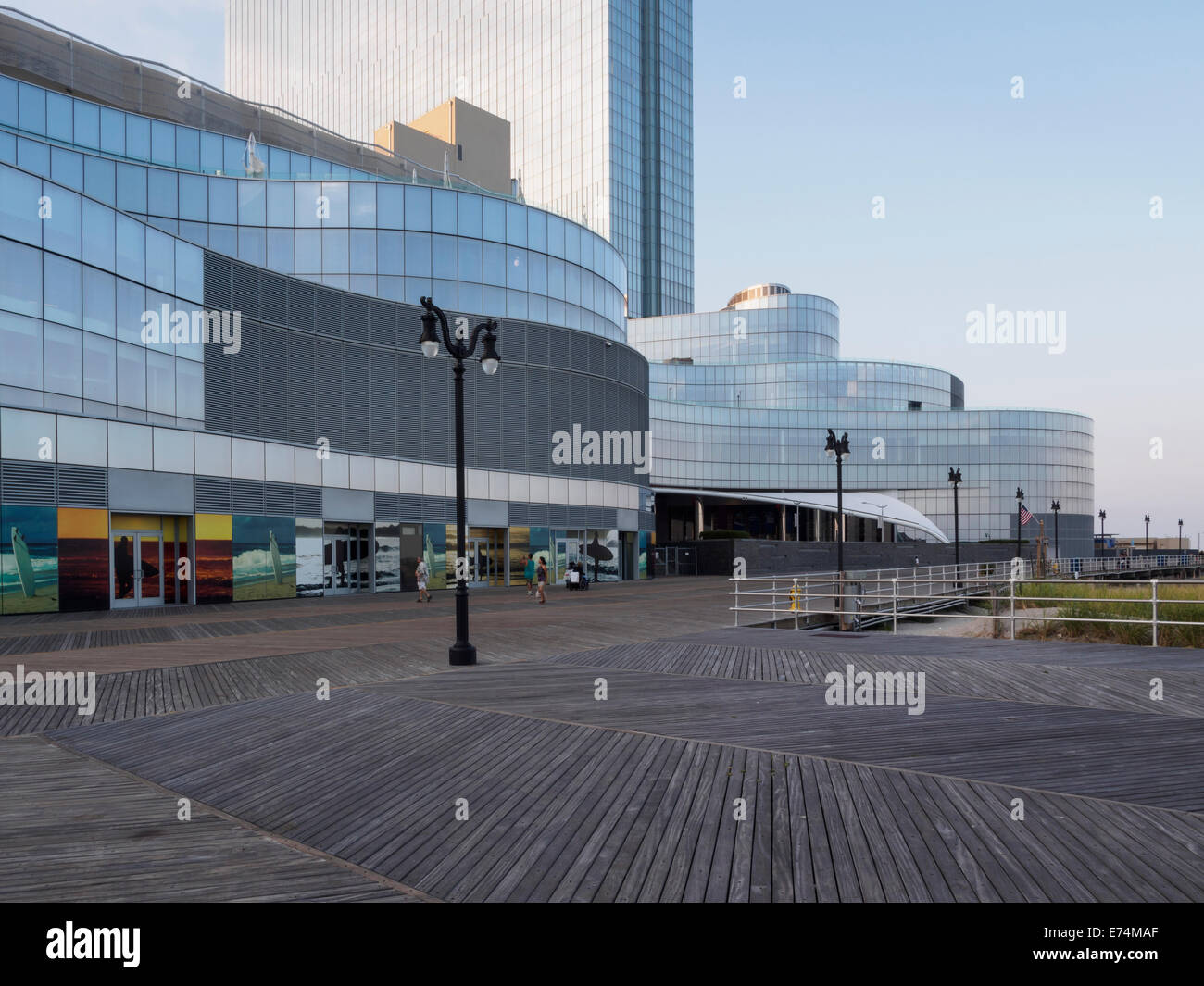Reopening of Revel casino delayed by sewage dispute. Straub paid $82 million for the building, which cost $2.2 billion to build and was finished with the help of New Jersey tax credits. Atlantic City's Revel casino-hotel, which closed earlier this month after filing for bankruptcy. Revel cost $2.4 billion to build when it opened in 2012. Straub paid $82 million for the Revel casino in Atlantic City, which cost $2.4 billion to build. Revel opened in 2012, then descended into bankruptcy twice and closed in 2014. Straub blames the.
Revel Atlantic City, commonly referred to as Revel, was an entertainment resort, hotel, casino, and spa located on 20 acres of beachfront property in Atlantic City, New Jersey. Opened to the public in April of 2012, the resort claimed bankruptcy only 10 months later and failed to find a buyer in bankruptcy court, resulting in the closure of Revel that will take place next month. The Revel was Atlantic City’s newest and largest casino with over 3,000 employees. A $2.4 billion resort, the Revel never managed to turn a profit in the city’s struggling casino industry–the Showboat will be closing later this month and Trump Plaza is planned to close next month as well. Read on to find out five reasons why the Revel failed.

5. The Principle Owner Walked Away from its Investment
Unfortunately, the Revel fell into a slew of financial crises from the very beginning. In 2010, global financial company Morgan Stanley, which owned 90 percent of Revel Entertainment Group, decided to discontinue construction and walk away from its $932 million investment, leaving the state of New Jersey to invest in the stalled project in exchange for 20 percent of the revenues.
4. The Revel is Enormous
Located on over 20 acres of beachfront property in Atlantic City, it’s safe to say the Revel’s property taxes were in no way cheap. Adding to that the cost of the building’s construction as well as its vast size and peculiar configuration–patrons had to ride a steep escalator from the lobby to get to the casino and the 57-story hotel–it must have been difficult to turn a profit.
3. Surrounding Competition
Atlantic City, New Jersey used to be the go-to place for gambling and high-rolling entertainment. But due to recent surrounding competition from other east coast markets, the “Las Vegas of the East” is suffering. The city has now slipped to third place behind Pennsylvania, the state which set off the town’s revenue and employment plunge with the opening of its first casino in 2006.
2. Failing to Appeal to the Right Age Group
In the beginning, Revel did a sufficient job of attracting a younger generation of visitors to its popular nightclub–called HQ–and beach club. But these young visitors weren’t really traveling to Atlantic City to play blackjack and feed the slot machines. With two nightclubs, two entertainment venues, and 13 restaurants, the Revel attracted visitors but not any steady profits.
1. The Revel Simply Failed to Pay Back What it Owed
Over the course of two unprofitable years, the Revel simply borrowed more money than it could pay back. In 2012, after a loss of over $70 million, Revel asked lenders for a $100 million credit cushion. In November of that year, Atlantic City officials noted that Revel owed $12 million in unpaid property taxes and $51 million to contractors. One month after that, Revel stated that they received another $150 million in loans and after another credit downgrading, Revel filed for bankruptcy.
Photo by Spencer Platt/Getty Images
Wellington real estate developer Glenn Straub says he may quit trying to reopen a shuttered casino in Atlantic City, New Jersey, that he bought last year.
Straub paid $82 million for the Revel casino in Atlantic City, which cost $2.4 billion to build. Revel opened in 2012, then descended into bankruptcy twice and closed in 2014.

Straub blames the state of New Jersey for his failure, so far, to reopen Revel. In an interview, he told the Star-Ledger, “This state stinks. It just stinks. … I worked in five states. This is 10 times worse than what it would be anyplace else.”
Asked if he still would try to reopen the casino, Straub told the newspaper, “To hell with that. I’ve got other things to do. I don’t have time to be screwing around with this stuff.”
How Much Did It Cost To Build Revel Casino
Straub earlier had pledged that at least part of the 6.2 million-square-foot Revel casino would be in operation by the middle of June.
But his company, Polo North Country Club, is still seeking city and state permits to reopen Revel, where fencing blocks entrances to the casino from Atlantic City’s oceanfront boardwalk.
Straub’s company needs site-plan approval from the Casino Reinvestment Development Authority to do construction work at Revel before reopening it.
The authority decided in an August 18 public hearing to continue the hearing to September 8, allowing Polo North more time to address potential street-traffic issues at the casino.
How Much Did The Revel Casino Cost To Build A

The authority’s decision to extend the public hearing is “unnecessary and unwarranted,” said Nick Talvacchia, an attorney representing Straub’s company.
The extension of the public hearing led Straub to tell the Star-Ledger that he may end his efforts to reopen Revel: “I’m pretty much there now.” [Star-Ledger] — Mike Seemuth